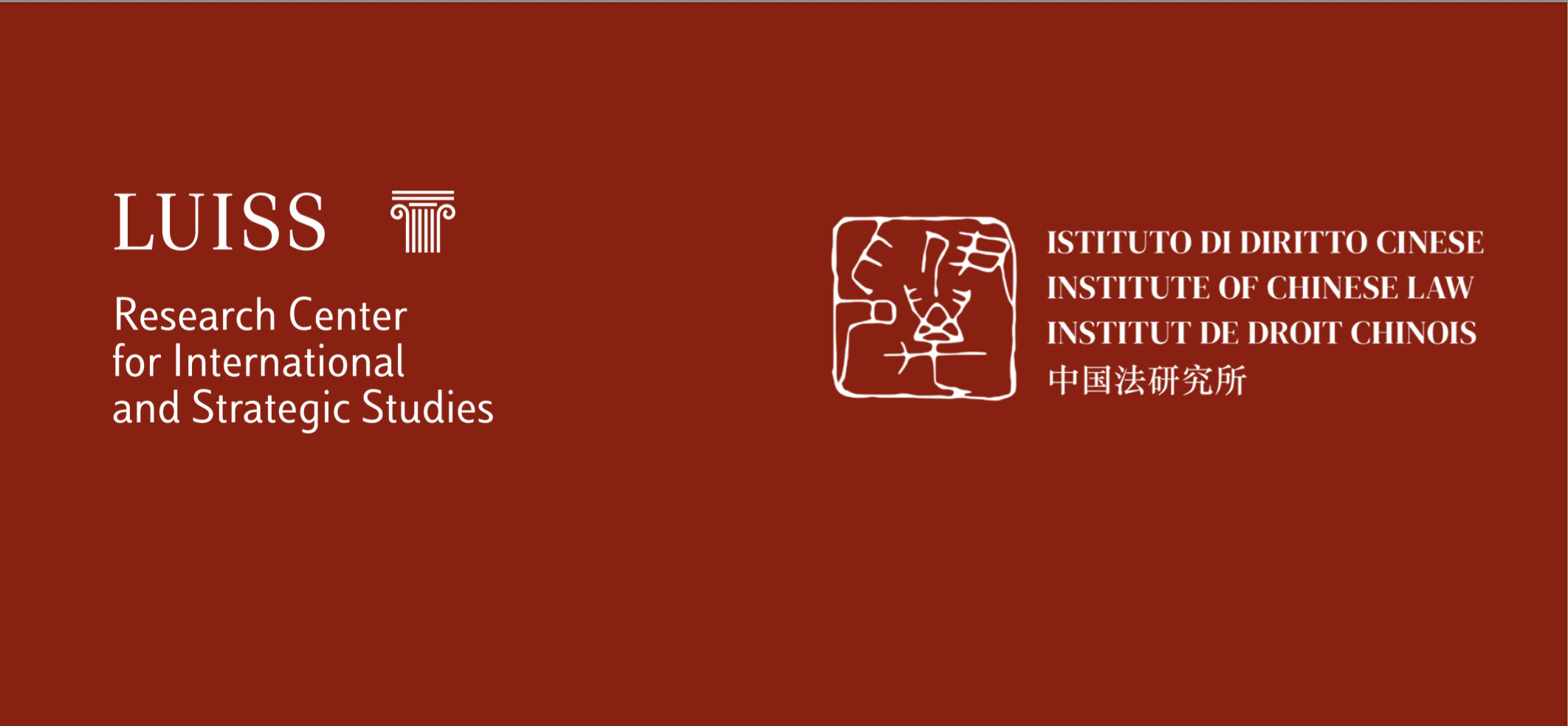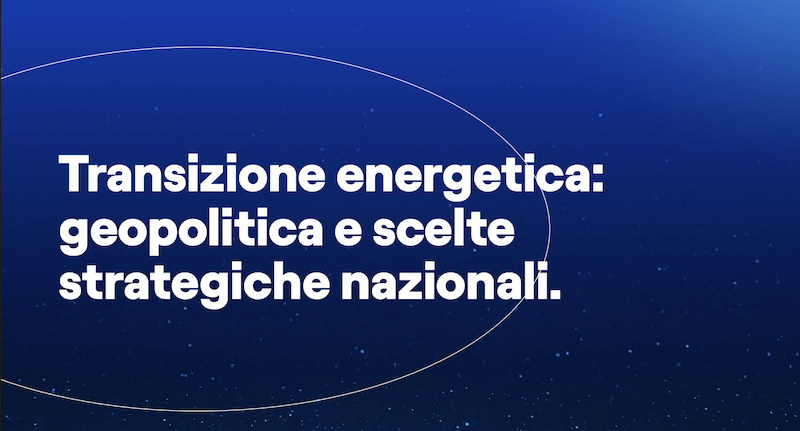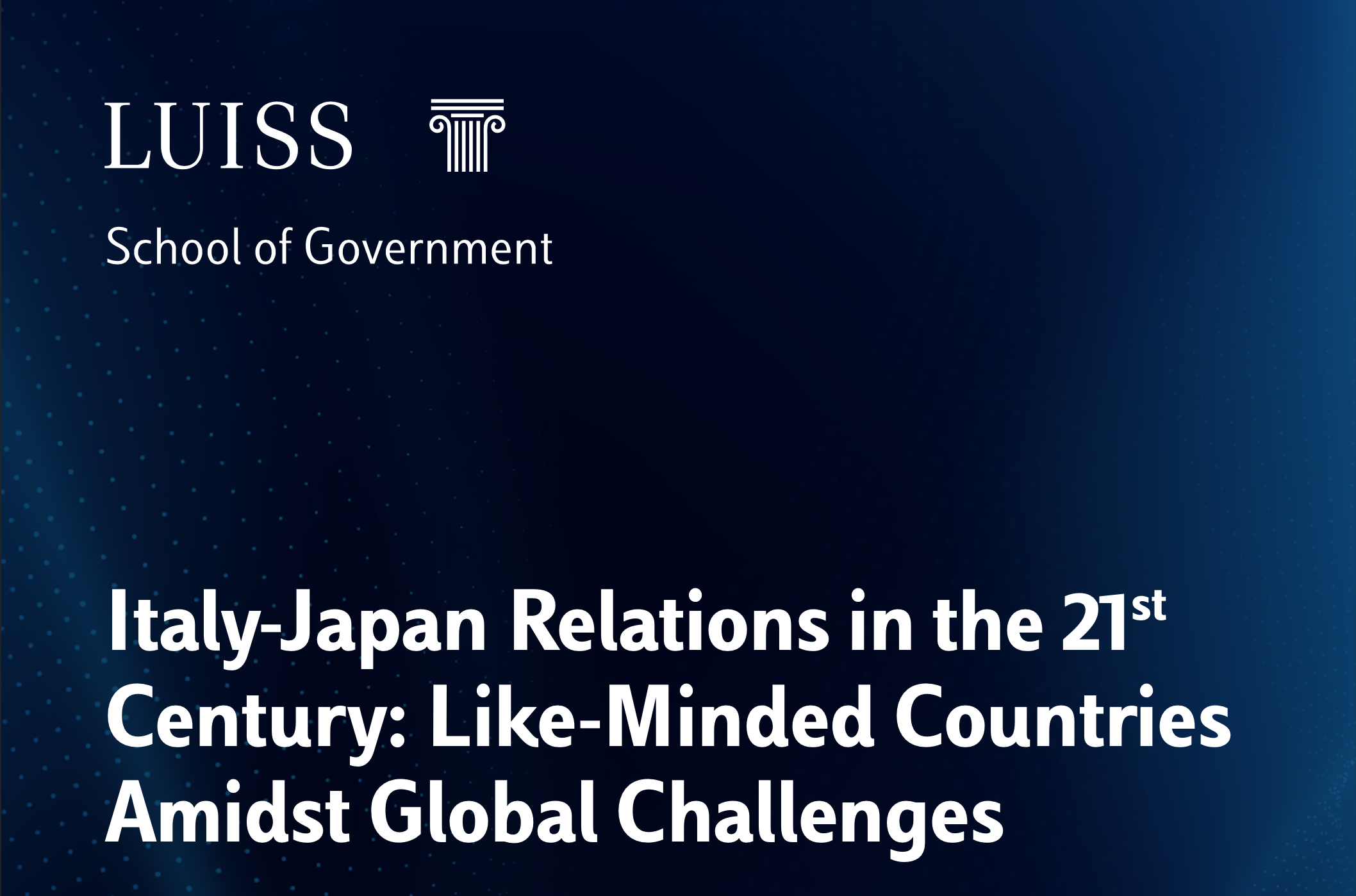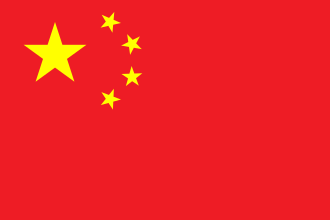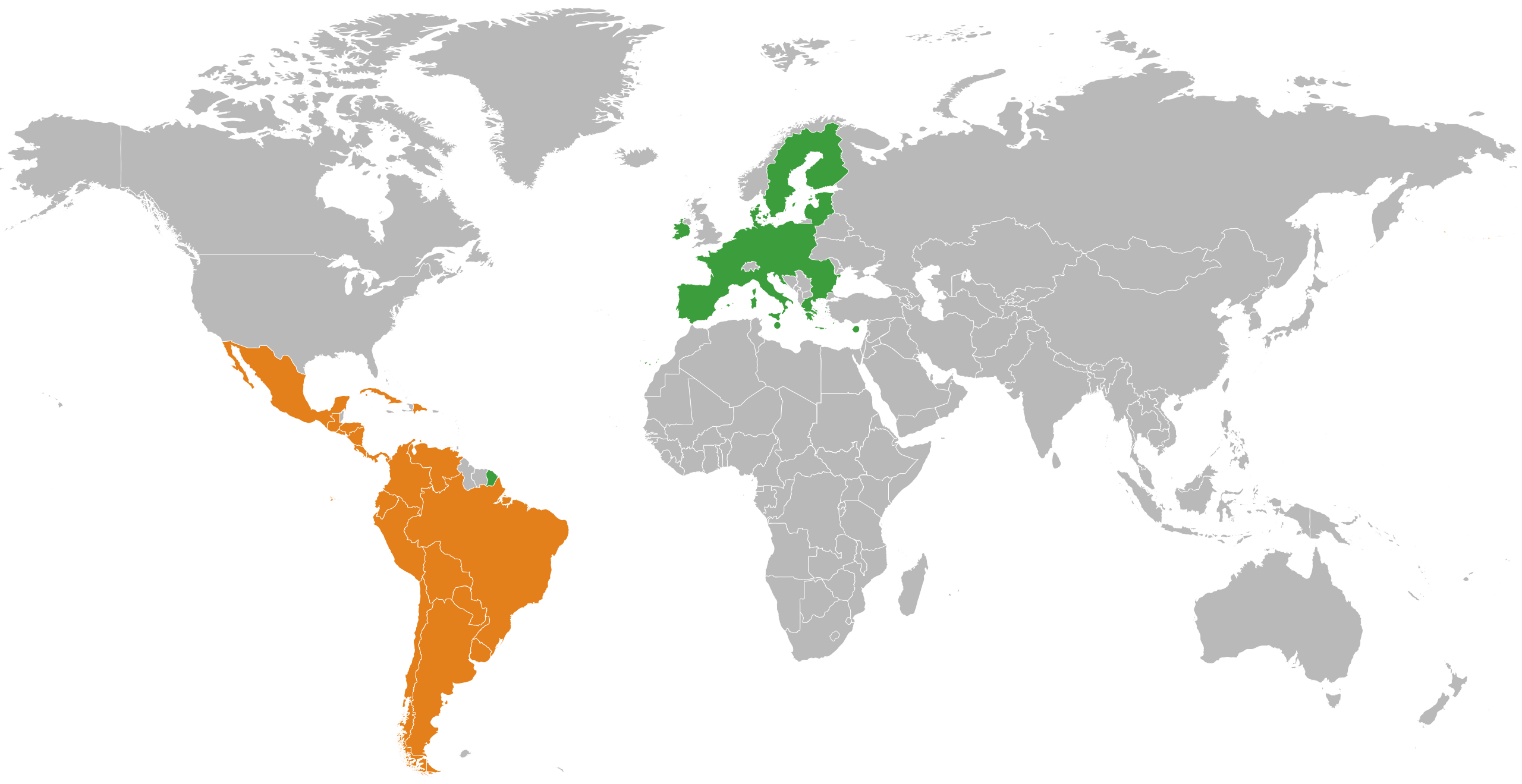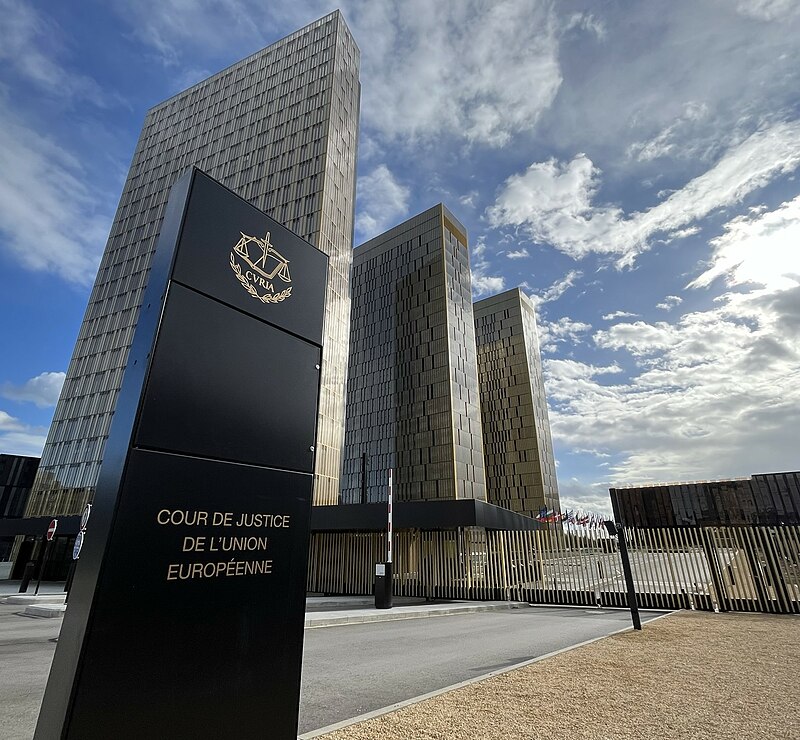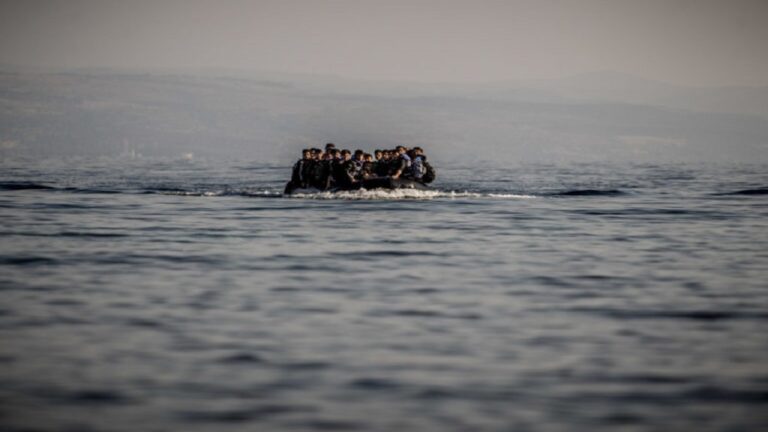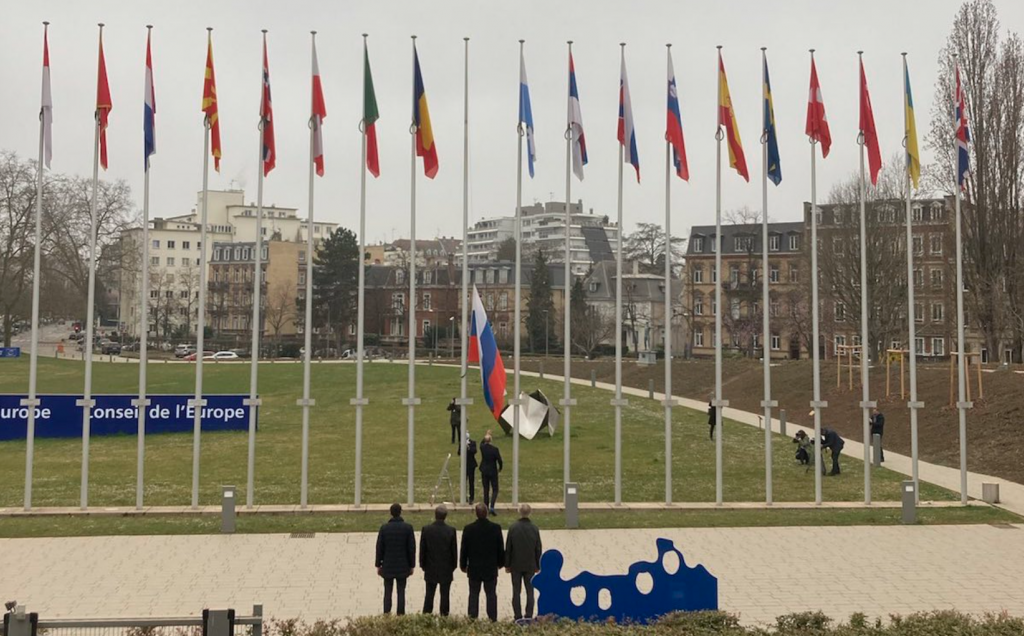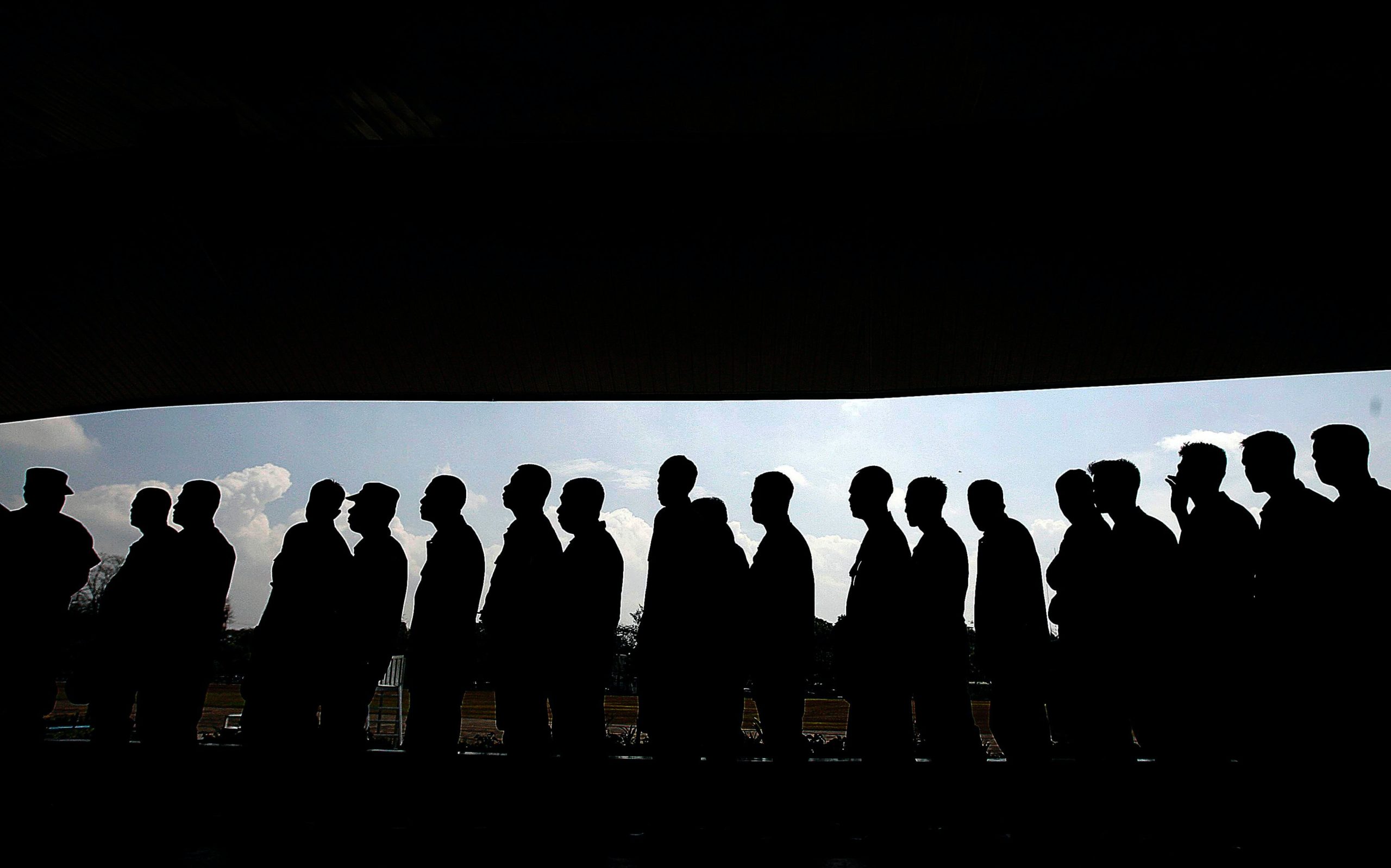In this report we apply the scenario building technique to shed light on the future relationship among Chine, EU, and the US. Scenario building is a structured method for exploring and anticipating the range of possible futures that might emerge from complex and uncertain environments. Rather than predicting what will happen, scenario building seeks to illuminate what could happen, providing a framework for strategic thinking, decision-making, and policy planning in the face of uncertainty. These scenarios help organizations, governments, and more general analysts, to recognize emerging risks, identify opportunities, and test the robustness of their strategies under different conditions[1].
The objective is to understand possible dynamic developments with reference to the changing strategies and capacities of the actors at stake. Scenarios foresee different approaches the USA can have towards China and vice versa, with the UE in an external orbit. Three scenarios assume that the USA will maintain an assertive approach to China. One of these scenarios (The Bogged down world) describes a situation where tensions remain high, but they don’t escalate beyond current levels. In this scenario, the three actors can cooperate in a framework that alternate periods of openness and closeness. Two of these three scenarios assume that the USA will implement a stronger stance against China, in this case the EU could develop its own path of relations with China (The EU-China love story) or could instead strengthen its ties with the USA (The EU-USA love story) prompting a distancing from China. Finally, a scenario of convergence is considered (The Renewed world) where tensions ease and the three actors are able to cooperate within multilateral frameworks.
